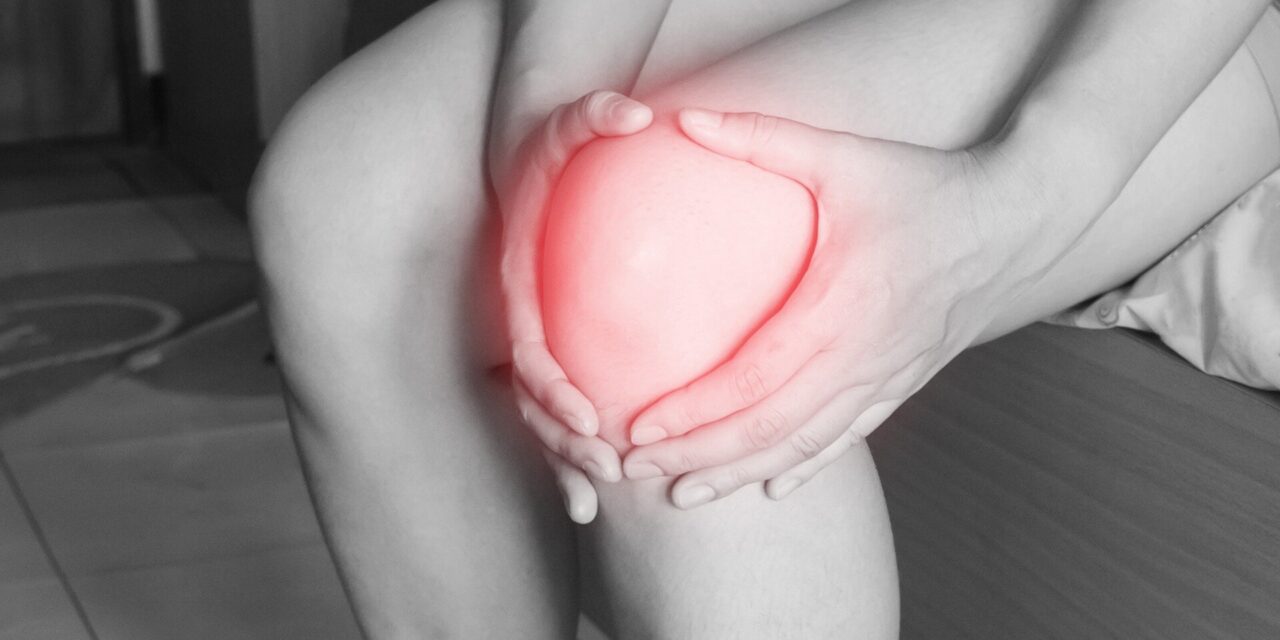Knee osteoarthritis sufferers often avoid exercise, even when informed it can alleviate the pain and stiffness caused by the condition, according to a recent survey by the University of South Australia. The study found that despite knowing the benefits of physical activity, many patients “unconsciously believe” they could further damage their knees by exercising.
“While physical activity is known to ease symptoms, only one in ten people regularly exercise,” the researchers said, highlighting that some patients perceive exercise as “dangerous” despite medical advice to the contrary.
Brian Pulling of the university’s medical research center stated, “Research shows that physical activity is good for people with knee OA, but most people with this condition do not move enough to support joint or general health.”
The groundbreaking findings, published in the medical journal Pain, were derived from a word and image questionnaire where participants evaluated the safety and danger associated with exercise. The study revealed that individuals with knee osteoarthritis are more cautious about exercise than those with other leg injuries.
“People with painful knee osteoarthritis hold heightened implicit threat–activity associations relative to both people without knee pain and people with non-knee lower limb pain,” the researchers reported.
Professor Tasha Stanton, who led the study, emphasized the importance of accurate information for health professionals to better support their patients. “Having access to more accurate and insightful information will help health professionals better support their patients to engage with activity and exercise,” she said. The team’s work, she added, “may also open opportunities for pain science education, exposure-based therapy, or cognitive functional therapy.”
Stanton also noted a broader implication of the findings: “What people say and what people do are often two different things.” This observation not only pertains to treating knee injuries but also hints at a common aspect of human behavior.
These insights could help develop more effective strategies to encourage knee osteoarthritis patients to incorporate exercise into their routines, ultimately improving their quality of life.











